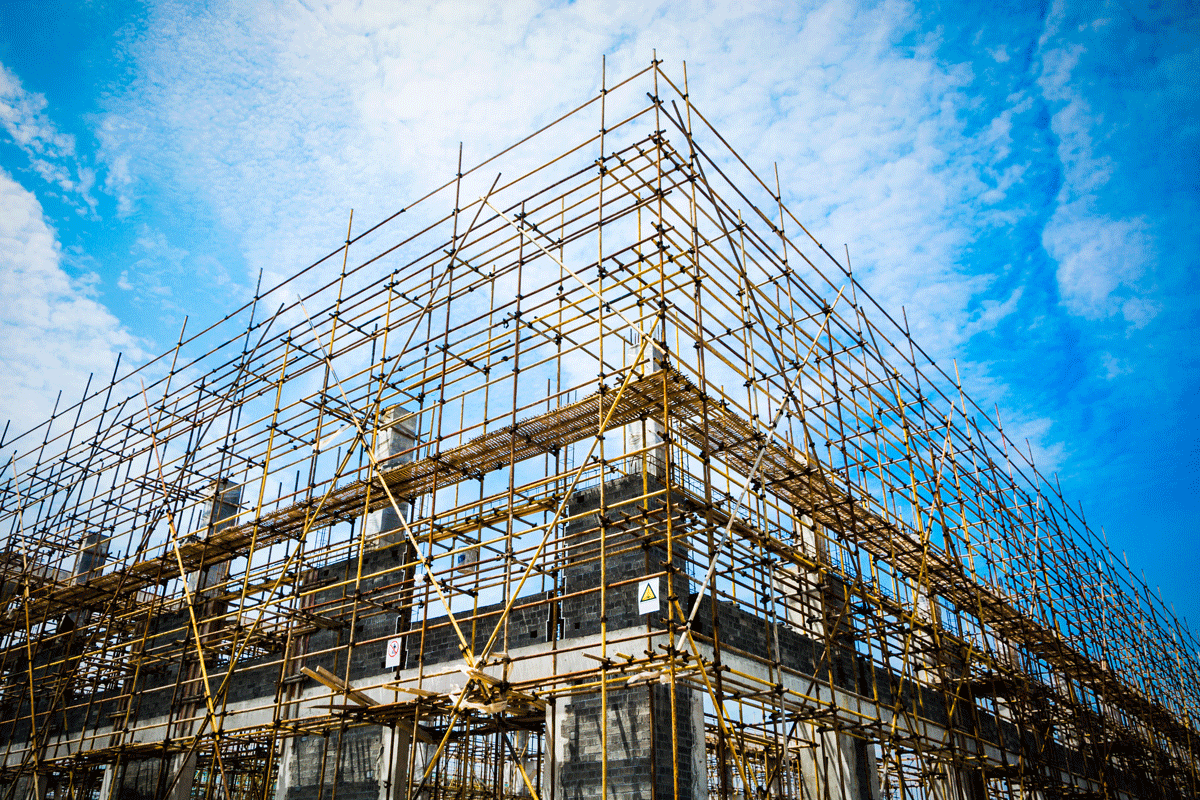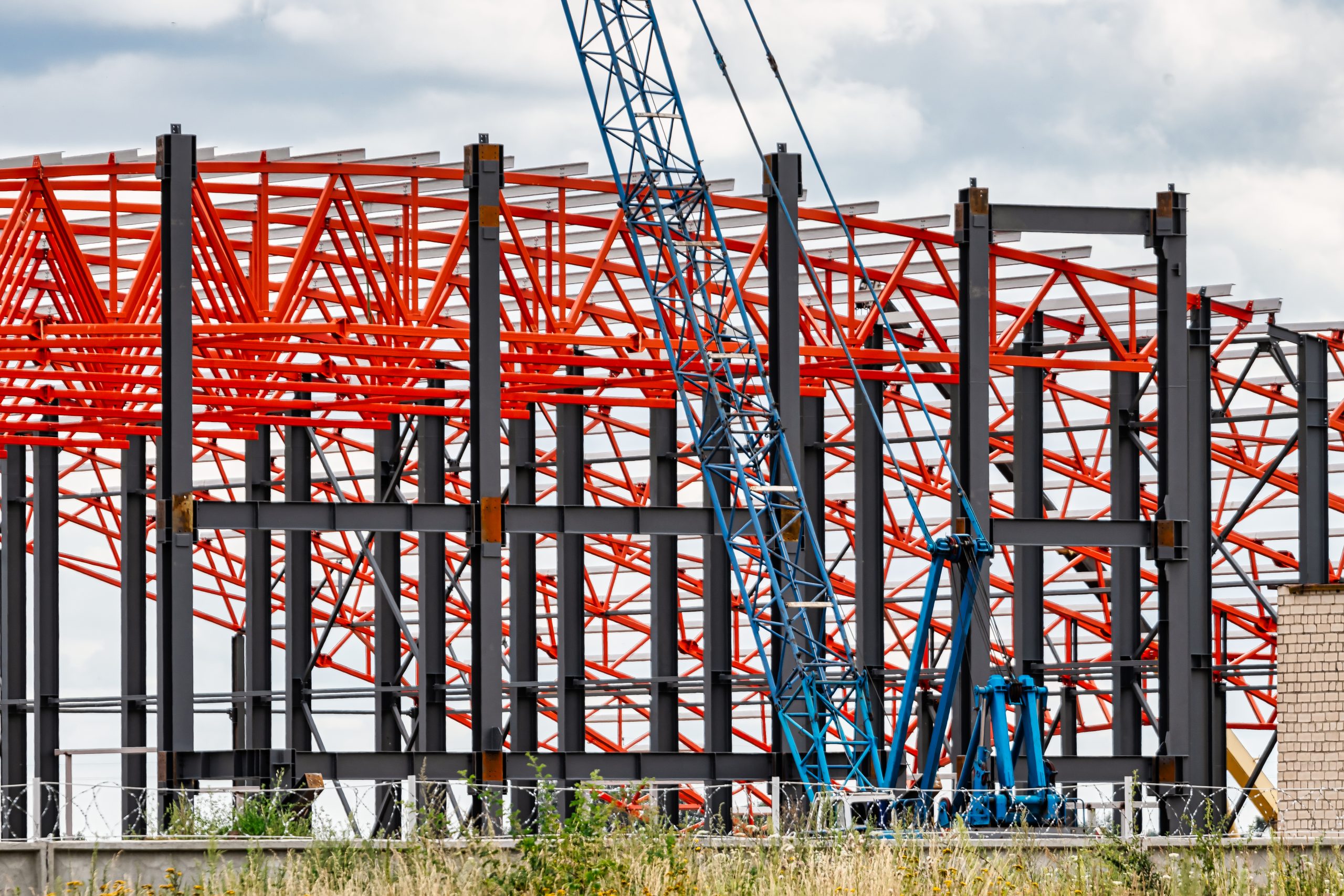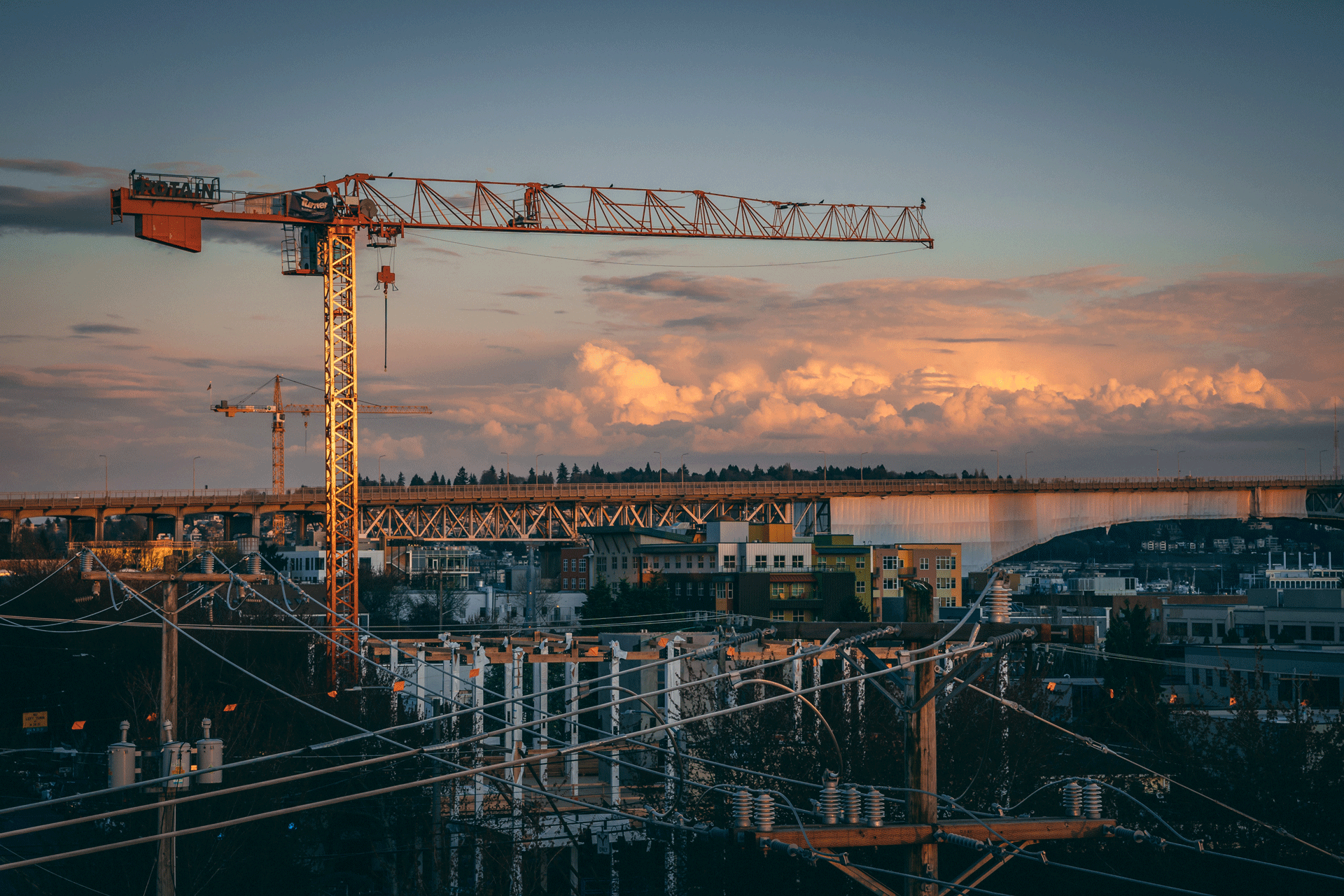Dealing with workers, machinery, supplies, subcontractors, subordinates, designers, quality assurance personnel, and safety personnel is a part of working in the construction industry.
The responsibilities of a construction engineer include delivery (meeting deadlines), the security of the people you supervise, the caliber of installation, staying within the budget, and minimizing waste. It is challenging, dangerous, and frequently forces you to travel farther. However, because of the on-site physical activities, it keeps you healthy.
Good ethical companies will offer a lot of training and support to maintain the standard. You must familiarize yourself with the project’s objectives, goals, and key performance indicators. In the early stages of the project, you must read the contract documents as well as the project concepts, specifications, and drawings. This greatly aids in comprehending the project as a whole. The project and the individuals you will work with for its duration take one or two weeks to become familiar with.
Coordinating with other disciplines to determine the best order of work is another important task. Also, you will perform sanity checks and coordinate with MEP engineers.
Safety and quality should obviously be your top priorities. Never neglect these priorities in favour of advancement or milestones. Project management in ethical companies expects this. Successful construction engineers make progress while maintaining an eye on safe and effective work procedures.
To complete your role, you will also need specific management strategies. These tools include project schedules, inspection, test, and QA/QC plans.
According to standard work process procedures ( SWPP), you should be familiar with the task and the processes involved . These established protocols offer a flow of significant tasks with obligations. This will carry out the numerous duties that make up the project’s construction phase. In general, during a field assignment, you can anticipate taking part in every stage of the project.
Project Opening Phase
During the initial project phase, the Construction Engineer takes part in the following activities.
- Examine the vendor documentation, applicable codes and standards, project procedures, and permit needs. A structural element may sometimes be designed by an engineer or structural designer that is challenging to build. In order to address constructability difficulties, construction engineers must step in.
- Know more about the representatives of your client. This is significant since you sell the product to their representative. Therefore, you must include them as needed by the Prime Contract at the various building stages as specified in ITPs. Prime Contract is a contract between the client and your company.
- Know who your subcontractors are. To complete specialized tasks, main or general civil contractors must rely on subcontractors. In this situation, you and the subcontract administrator must handle the project together.
- Review the standards for tracking costs and quantities. You must submit installed quantity reports on a weekly basis to the project controls division.
- Knowing KPIs ( Key Performance Indicators). A set of project indicators will be developed by the project QA manager. Knowing how the project is doing with its key features is helpful. Specifically, the quantity of steel, concrete, and pulled cable length.
- Standard forms and checklists will be developed by the field engineering manager for construction engineers to use.
- For commodities that vendors haven’t quantified, develop take-off quantities.
- Place an order for the materials needed for the project’s permanent materials or construction aid.
- Assistance with layout and design for temporary site services.
- Design temporary facilities and services, and oversee their installation.
- Review the schedules and communicate with the manager about any issues you have with materials availability and workflow.
- To create a logical and systematic construction process, work with interfaces and project schedulers.
- Help to develop heavy or critical lift rigging plans.
Peak construction project phase
The following are the most important factors to take into account during a peak construction project phase
- Collect and follow up on material.
- Get assistance from field engineering.
- Review installations that are now being worked on and those that have already been finished to see if they adhere to plans, requirements, codes, and standards.
- As per requirements, maintain the material that is stored. Check for any materials that must be stored in a controlled environment.
- Keep track of the work being done in the assigned areas or systems.
- Maintain communication between clients and contractors.
- Keep reporting the quantity.
Project completion phase
It can be a little overwhelming at the completion phase. However, if these activities are properly tracked, you need not be concerned.
- Complete the work on the systems or areas that have been assigned to you.
- Do the final grading and paving.
- Complete site security and fence.
- Complete site landscaping.
- Complete as-built drawings.
- Handover systems to the client
- Inventory and redistribute surplus materials.
- With assistance from QC and the client’s representatives, create the sang list and finish the task.
Specifically, as a construction engineer, you will be in charge of project management for the building’s or home’s structural design. You will also be keeping in touch with the teams involved and making sure deadlines are reached.
Remember this. You have the chance to create a strong structural design that could alter people’s lives and the industry as a whole.
Create buildings that can survive earthquakes, serve numerous purposes, and are completely energy independent.



